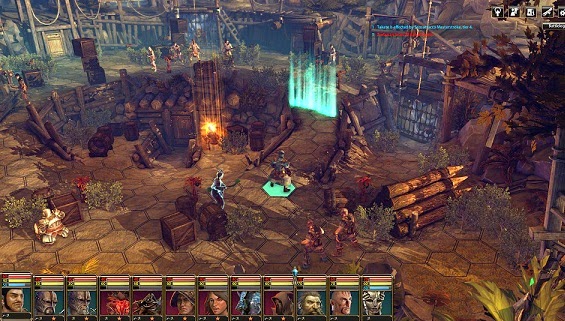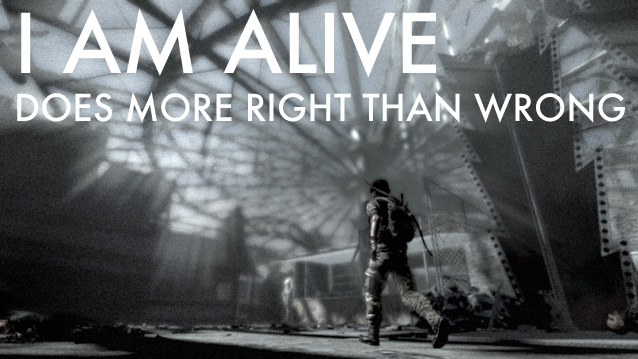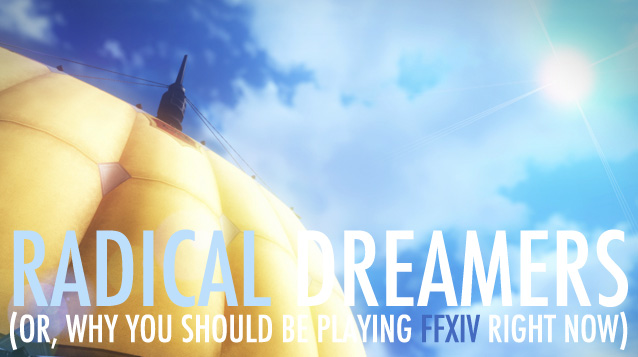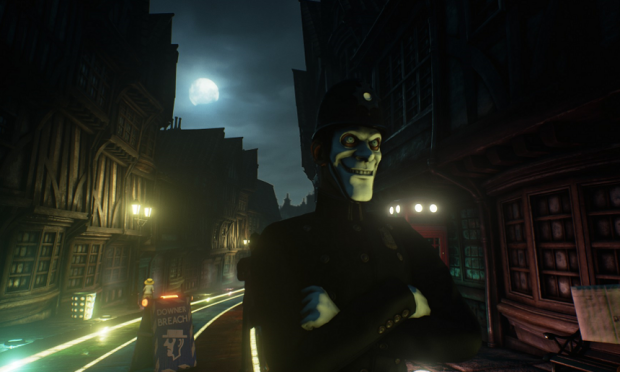

The world Blackguard 2 is a highly anticipated successor to its first part and placed on aesthetics and story line of dark medieval fantasy. This does not surprise people who already know the world of Dark Eye, the RPG world of German origin (in fact, this market is commercially most successful among traditional role players known brands such as Dungeons & Dragons) was born in the 80s and continues to attract a passionate players. Users will notice quickly that now can no longer set their own character and that, instead, they come under the control of Cassia Tenos. This focus on a single character has the usual effect on gender: freedom is lost in this area but you gain in quality of screenwriting.
Cassia is one of those tragic characters. She has spent years immersed in a world of dungeons and the experience has been more traumatic. The origin of Cassia, experience to define it as the character we know in the game, the player is told in the form of game tutorial. When the tutorial ends not only know the basics of playable title, but it's likely to share the revenge of Cassia, which is but the wife the current ruler of the kingdom. After trapped not hesitate to seek revenge at any cost.
The game's story, though, was developed from that time quite normally for the genre. Few surprises, shocking moments for the user, but not full of clichés without more, the fact is that this is a revenge story. The pace of the story is good and, of course, is more agile in this field in its gameplay, which is evident at times that the title could have benefited from some more dynamism. The strategy, role and turns, is a combination that is not characterized, much less for its frenetic, but we must admit that in some cases the game had benefited from resources to accelerate its development.
The development of Cassia, as a character, granted a broad freedom to the player. In this far exceeds the first Blackguard installment, which had a more restrictive system. The current system is perhaps closer to traditional Western role as the signer Bethesda, insofar as they can be developing the character with attention to the main elements of combat, magic and ranged attacks. We find that, despite being more complex, the system will become more accessible to users and, above all, intuitive. This makes something that, in principle, may seem a simplification in certain aspects, finish giving more depth to character development.
Cassia addition, the player will end up knowing people like Naurim, Takate or Zurbaran, veterans returning the first part in this new release. Players with fresh mind, the story of the first game, will notice that some elements of personality and character traits have been reviewed, but do not think it a big deal for players. These characters allow us to enjoy more skills and also to discover their own stories, which, like Cassia, are far from the legend of a hero or any kind of fairy tale. The world of Dark Eye is portrayed correctly in this new release and is a definitely dark world that rejects the Manichean opposition between good and evil. In that sense, there may be one who establishes a parallel with this ambiguous and gray vision (vs. black and white of other fantasy universes) with recent successes in the media, such as television adaptation of the George RR Martin’ novel saga.
Since then, the world of Blackguard 2 is not intended to make us believe for a moment that we control characters are particularly better morally than kill enemies and occasionally plasma in a somewhat visceral moral ambiguity of the characters, each of them driven by their own selfish motives. In this sense, it is a mature narrative may, however, sometimes be too simplistic. The development of the story is good and captures our attention, no doubt, but at some point the narrative loses some strength. Fortunately, the game does not take long to rediscover how to get our attention (eg through the inner voice of the monologues of Cassia) and continue prompting us to move forward to see what happens at the end with Cassia and others. And of course, if Cassia continues plunging into an ever deeper madness or if he can escape it.
Blackguard 2 proposes, as mentioned earlier, a turn-based game in which we move through a grid of game in which the cells are hexagonal, all with multiple components such as the evolution of characters that already we have spoken- role . One of the best points achieved the title is how it manages to introduce the latest complexity of its playable approach very gradually. The first time, while following the tutorial and found some characters, is very simple. It is oriented to us to handle the basic systems of combat and magic and then let the player freedom to go exploring those possibilities. After two or three hours gameplay we can say that we have seen all game options and have already taken to raise progressively more elaborate strategies to achieve progress.

This is achieved with a deep combat system and objectives that accumulate and are becoming increasingly complex. Add to this the variable of evolution not only of Cassia, but also of the other characters, and we have a more than full playable system. The role of the user in determining the skills and progression of different characters can influence very clearly how we move forward.
The feeling created is that although logically, we must make certain concessions to develop different strategies (ie, if all our characters are very oriented melee. We will be very limited, but if our style of play leads to this inclination on the characters, we can do). In any case, keep in mind that Zurbaran is a magician, a dwarf and Takate Naurim a warrior, so there are innate skills that should be developed. Furthermore, no option to hire mercenaries at different times for some missions, so that strategic possibilities multiply.
It is therefore important points well distributed among our abilities, special moves and skill with weapons. The sooner we have more or less clear what we do with our characters will be easier to define its progression. We must also know how to move around the stage to achieve tactical advantage, reach chests and doors and overcome all obstacles in combat zones. All this creates a good combat system that has improved over its predecessor and is much fairer for the user to eliminate the luck factor that seemed to dominate the first part (has been removed system since determined the success or otherwise our offensive).
Of course, much of the action is based on our characters move around the stage, which is usual turn-based strategy. Not a tempo that is suitable for any user, you can feel more comfortable with strategy games more nimble shifts in pace or role with real-time action. Not surprisingly found in Blackguard 2 with battles can last for half an hour, maybe even more if we fail in our ploy.
The duration of some of these battles can be problematic to the extent that it can not save the game during their development, so if we have to stop the game lose the progress of our struggle. In addition, strategies to develop are very different depending on the overall goal, if we play on the offensive or defensive, and even the type of enemy that we are on screen.
The whole system is very solid and satisfying for the player who enjoys the genre. Users who have not tried too many games of this style have in Blackguard 2 a good representative who has, as main flaw in its playable approach, that after the first third of departure leaves to introduce innovations in development, so it loses wow factor.
Blackguard 2 is a game that does not require the user to have a particularly powerful machine, but certainly benefits from the advantages of having a relatively recent computer. The presentation is good, with enough variation of scenarios and characters and patterned successful and well textured. If we play with the minimum quality and our computer is not noted for its performance we will be exposed to loading times and visual appearance is less clear, but does not really affect the gameplay as long as we comply with the minimum requirements.
The user can control the position of the camera, something important for knowing how we can move on stage and try to predict the movements of our rivals. It lacks some detail in the environments, because that could have gotten a much more solid and powerful on-screen appearance. Where the game could shine is in no playable sequences and does, but with an artistic and non-technical approach. The narrative is based on a modest trend style that evokes a book; not spectacular, but undoubtedly fulfills its purpose.
The sound aspect is in a similar vein. Its soundtrack is attractive and evocative to the world of dark fantasy medieval and posed and is complemented by good performances in English. The game will include subtitles in Spanish, but the version we tested these were not integrated yet.
Conclusions
Blackguard 2 is a turn-based RPG that successfully achieves some of the aspects that fans often considered more important, as the atmosphere and good combat system. It is true that the fight may show a lack of pace in longer fights, but is a danger involved in many games in the genre and there is a particular defect of this title. This happens many times for the same reasons given here: somewhat repetitive objectives and lack of variety in missions, which does not affect the combat system, in itself, is not only very strong but also an important improvement over its predecessor. May lack some surprise factor or a marked differential element in its approach and playable in history to be a future classic, but what is clear is that it has much to offer the player thanks to its solid gameplay and whole.



